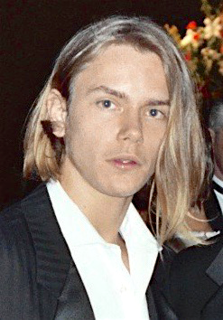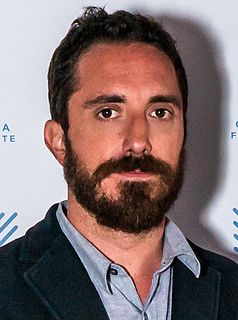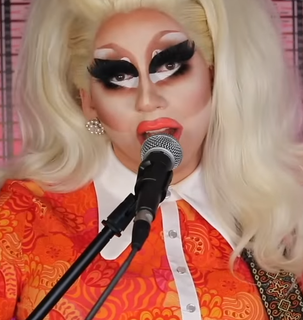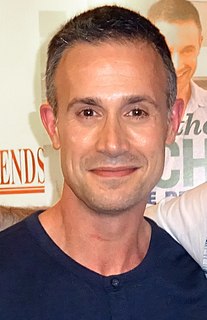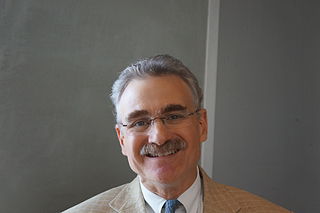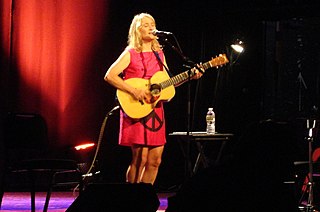A Quote by Anna Wintour
I can't make anything. I don't know how to make a dress. I couldn't go on a shoot and create an image. I can't write a script. I have so much admiration for people who can do these things, because I would have no idea where to start.
Related Quotes
The great thing about not having a script is there's nothing you have to shoot that day. When you start filming, you can shoot anything you want. There's no pressure to shoot anything. Whatever interests you that day is what you're shooting. That's a big liberation that makes it more enjoyable and more relaxed. I think if you have that kind of framework it can make it a much more satisfying thing to work on and to watch as well.
People are constantly trying to make an image for you. They`ll dress you up and tell you to pose a certain way and take all these pictures... they want a certain image, so they create that. And unless you`re spending a lot of time to create another image to counteract that image, theirs will win. So right now, I`m kind of dealing with a lot of false ideas of what I`m about.
There are some filmmakers like the Coen brothers that are very precise. They make shooting boards, they do it shot by shot, and they follow every single line in their own script. They make amazing movies, and I admire them so much, but I can't do that. I have no idea how the movie will exactly be. While shooting, I just try to create an accident that I don't control very well - grabbing things from different sources and ideas, and then having a sensation somewhere that it will make sense.
Filmmaking materials are in the hands of more people now than ever before. I would like to think that the more people have these tools, the more people will learn how to use them, it's another argument I would argue for, personally, for art's education. Because there are kids who aren't that literate in screen language and they've got to know how people select shots, how people edit audio, how people combine things to make what they see on the screen. It would be like the 15th century or the 16th century in Germany, and somebody amends a printing press and you don't know how to read and write.
I used to think, "I can't go to these meetings because they'll make me believe in God. Make me go to church." I knew it wasn't right for me before I ever tried it. I was suspicious of anything outside my realm of experience. That same kind of attitude carries over into 12-step programs, because they are programs. There's this feeling that you don't need this bullshit, you can quit on your own. People that don't know anything about it seem to have a better idea. They haven't even been.
It's kinda crazy to say, but the way Jay [Duplass] and I stay afloat, because we don't make particularly commercial fare that makes a lot of money, is that we make things cheaply and we make things small. We would kind of be afraid to go make a $100 million movie because you have to do certain things to it to have it make its money back.
People seem to think that my movies are so carefully coordinated and arranged - and in a lot of ways, they are - but every single time I make a movie, I feel that every director makes these choices. You make choices about your script, you make choices about your actors, and how you're going to stage it, and how you're going to shoot it, and what the costumes are going to be like, and in every single detail, you make that decision. And for me, what ends up happening is, I wind up surprised at the combination of all these ingredients. It never is anything like what I expected.


